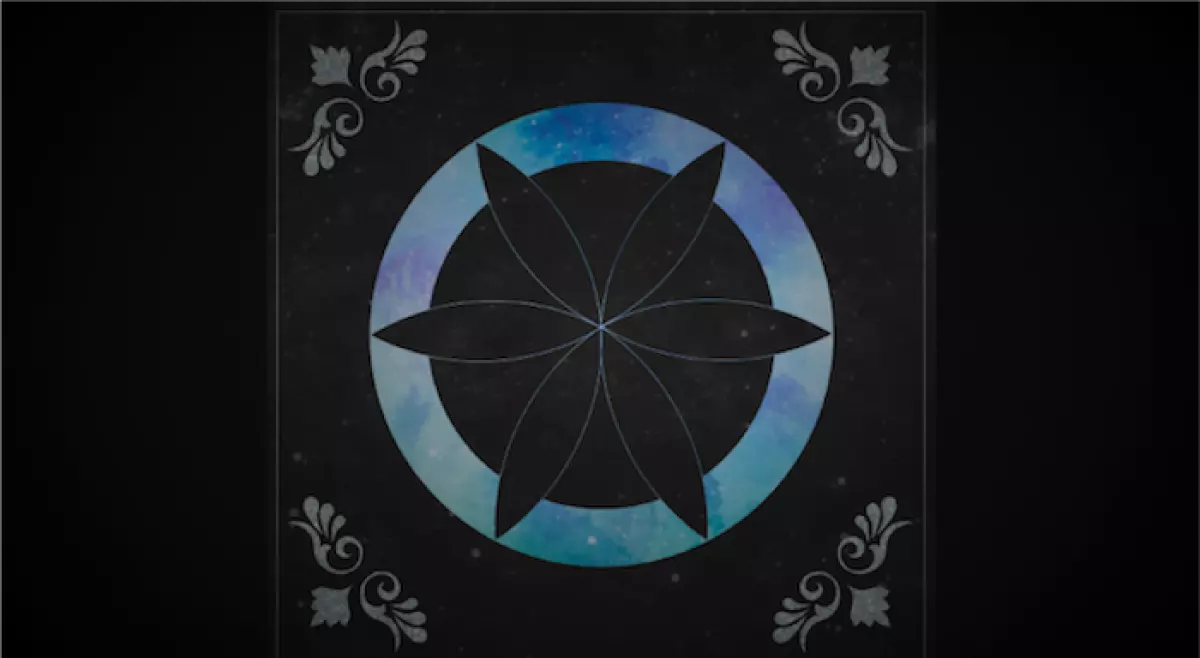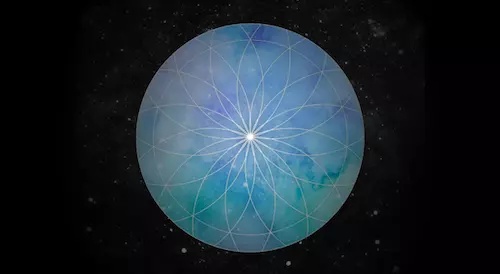Vedic astrology, also known as Jyotiṣa in Sanskrit, is an ancient tradition that originated in India. It is the sacred art and science of understanding the lights in the sky and the light of awareness within ourselves. In this article, we will delve into the world of Vedic astrology, exploring its origins, differences from Western astrology, and how it can provide meaningful insights into our lives.
The Roots of Vedic Astrology
Vedic astrology traces its roots back thousands of years to ancient mystics who possessed deep insight and wisdom. These mystics not only developed various meditation and yoga techniques, but they also intuitively perceived the secrets of astrology. The earliest written records of Vedic astrology date back over 5,000 years, although the knowledge was passed down orally through family lineages long before that.
The original practitioners of Vedic astrology were both expert astronomers and awakened sages. They meticulously observed the night sky, mapping the heavens and accurately plotting the movements of the planets. These observations, coupled with their profound understanding of the astrological elements, formed the foundation of Vedic astrology.
The word "vedic" is derived from "veda," which means "knowledge" or "insight." The Vedas, composed by ancient seers, are a collection of hymns and teachings that encompass various subjects, including philosophy, yoga, meditation, healing, and astrology. Vedic astrology is considered to be "the eyes of the Veda," offering us clarity and understanding of our life path and our place in the grand tapestry of existence.
 Image: Exploring the depths of Vedic Astrology
Image: Exploring the depths of Vedic Astrology
The Difference Between Vedic Astrology and Western Astrology
Vedic astrology and Western astrology differ in their approach to measuring the positions of the planets along the zodiac belt. Western astrology employs the tropical zodiac, which is based on the seasons and fixes the beginning of Aries at the time of the Vernal Equinox. In contrast, Vedic astrology uses the sidereal zodiac, which measures the actual astronomical positions of the planets against the backdrop of the fixed-star constellations.
Due to the phenomenon known as the "precession of the equinoxes," a difference of approximately 24 degrees has accumulated between the two zodiacs over the past 2,000 years. As a result, your Vedic sign and chart may differ from the signs you have become familiar with through Western astrology. Each system offers its own unique perspective and strengths, providing a comprehensive understanding of your astrological journey.
Navigating Your Vedic Astrology Chart
Your Vedic astrology chart serves as a roadmap of the sky at the moment of your birth. It includes essential elements such as the directions (including the ascendant), the planets (grahas), the constellations (rāśis), and the houses (bhāvas). The interpretation of your Vedic birth chart explores various aspects of your life, including character, health, relationships, career, finances, and spirituality.
It is important to note that Vedic astrology places equal emphasis on both the sun and the moon. While Western astrology mainly focuses on the sun, Vedic astrology recognizes the moon's vital role in deciphering the patterns of the sky. In fact, instead of asking, "What's your sign?" it is customary in Vedic astrology to ask, "What's your nakṣatra?"—referring to the lunar mansion that your moon is in at birth.
 Image: Discovering the meaning behind Vedic Astrology
Image: Discovering the meaning behind Vedic Astrology
Exploring the Branches of Vedic Astrology
Vedic astrology encompasses six branches, each offering a unique perspective and specialized knowledge:
- Astronomical Observation and Calculation
- Natal Astrology (Vedic birth chart analysis)
- Horary Astrology (answering specific questions without a birth chart)
- Electional Astrology (choosing auspicious times for events)
- Omenology (interpretation of omens)
- Divisional Charts (providing detailed insights into specific areas of life)
To practice Vedic astrology effectively, one must possess technical understanding, as well as a strong foundation in Indian philosophy and mythology. This multidimensional approach allows for a comprehensive and nuanced exploration of the patterns of time and space.
The Accuracy of Vedic Astrology
One of the unique aspects of Vedic astrology is its accurate timing of planetary periods known as daśās. By identifying the ruling planet based on the moon's position at birth, Vedic astrology can predict the effects and influences of that planet in your life. This knowledge, combined with the interpretation of current planetary transits, provides valuable insights into your journey.
As a tool for self-discovery and understanding, Vedic astrology shines a light on our conditioning and offers a path to increased awareness. It helps us navigate the complexities of life, revealing our true nature and guiding us towards acceptance, authenticity, and harmony.
Deeply rooted in ancient wisdom and filled with timeless insights, Vedic astrology continues to gain popularity as an invaluable tool for those seeking a profound understanding of themselves and their place in the universe.
Disclaimer: The information provided in this article is for informational purposes only and should not be considered as professional advice. Consultation with a competent astrologer is recommended for personalized interpretations of your Vedic astrology chart.
Image 1: Exploring the depths of Vedic Astrology
Image 2: Discovering the meaning behind Vedic Astrology

















